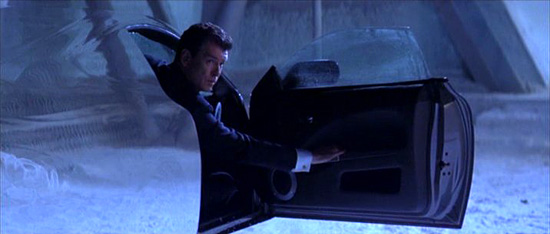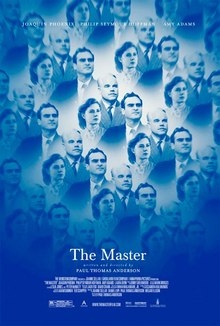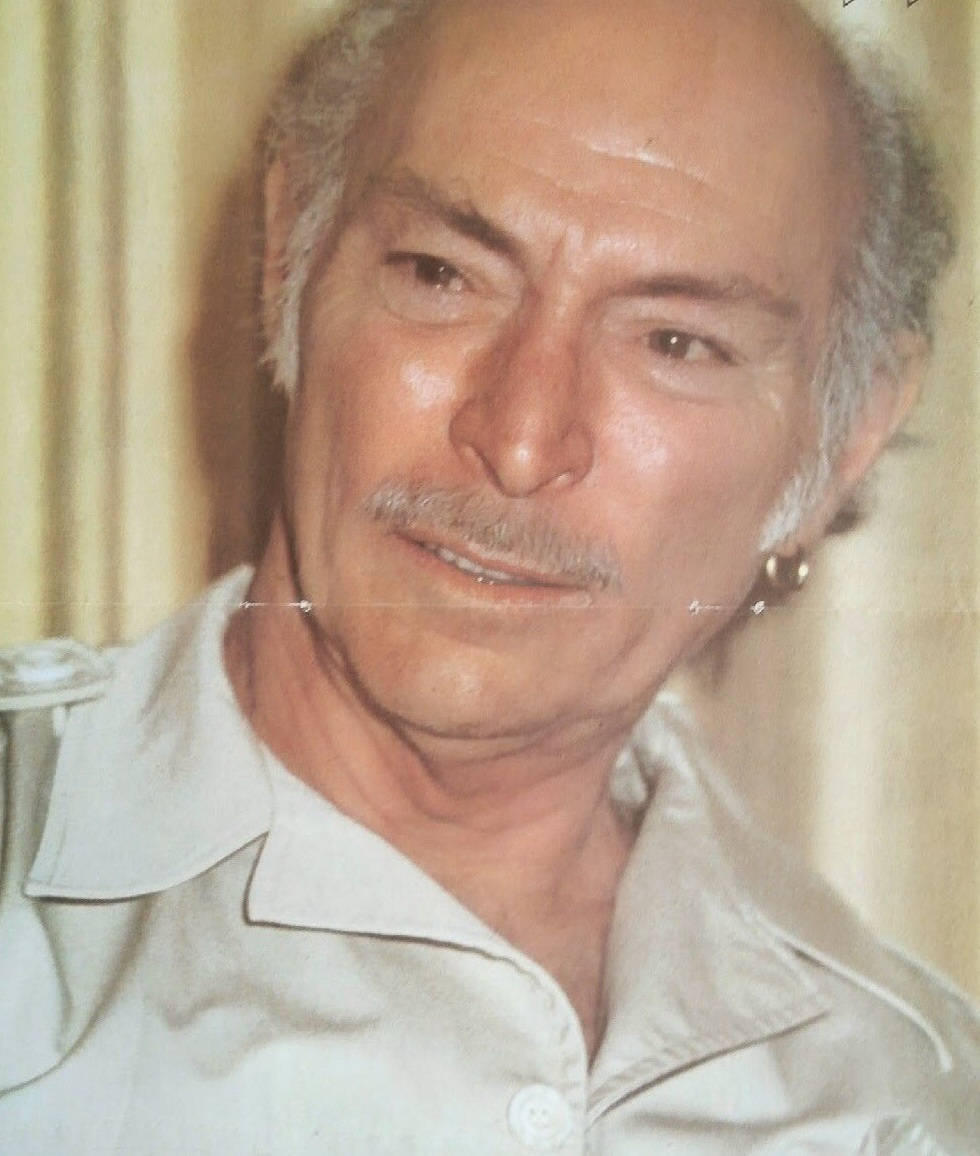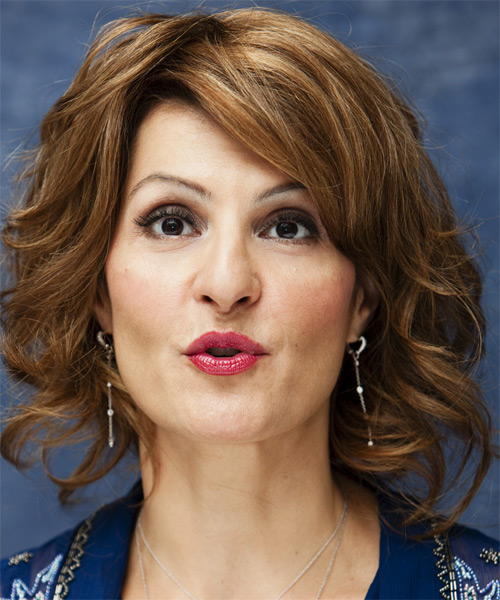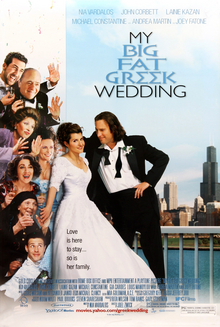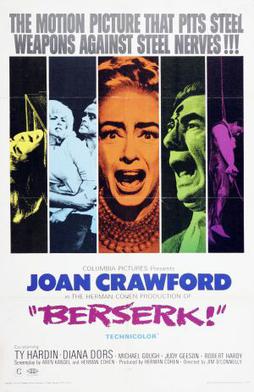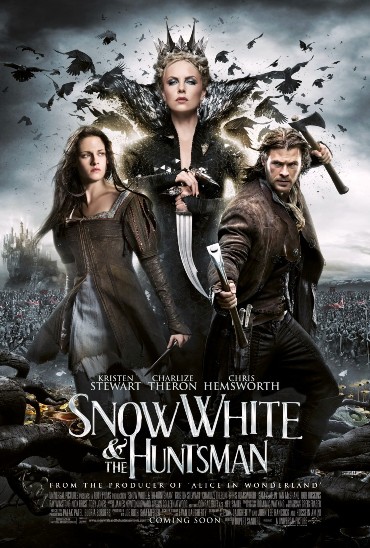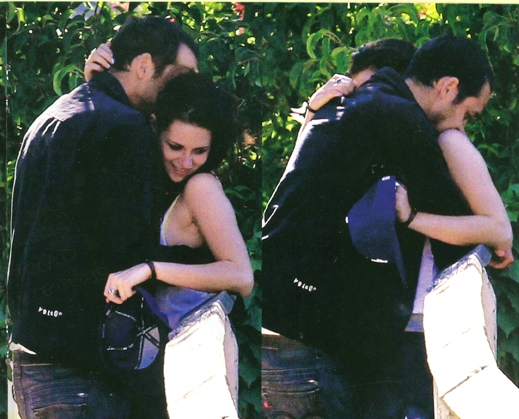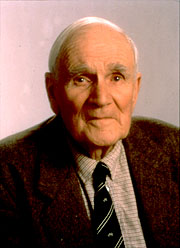 DIE ANOTHER DAY
DIE ANOTHER DAYIt Couldn't Die Soon Enough...
The Complete James Bond Review Catalogue
That damn invisible car.
My friend and fellow film enthusiast Fidel Gomez, Jr. (who may or may not be dead) always went on about "that damn invisible car." Whenever we'd talk about James Bond, he'd always bring up "that damn invisible car" and have disdain in his voice and face whenever it or Die Another Day was brought up. I had managed to skip the previous two Pierce Brosnan Bond films, but I did see Die Another Day in the theaters. I didn't HATE "that damn invisible car" with the fervor Gomez did, but I remember thinking that it was far too convoluted and at times embarrassing for everyone involved.
We start in North Korea, where 007 James Bond (Brosnan) is impersonating a diamond smuggler who will pay for weapons. The seller: corrupt Colonel Moon (Will Yun Lee), son of General Moon, who is surprisingly open towards teh West for a North Korean military man. Aiding the bad Colonel in his business is Zao (Rick Yune), who quickly finds that Bond is really a British assassin. Bond makes his getaway (injuring Zao in the process when the diamond briefcase explodes and diamonds fly into his face), and even though Moon is seen falling into a waterfall Bond himself is captured.
Thus our suave secret agent is tortured with a Madonna song. This is not hyperbole: we see his torturing while Madonna's Die Another Day plays.
We are told that is in now 14 months since Bond's capture. General Moon insists that his dead son had an ally in the West and demands Bond tell him who this ally is. Bond still won't talk, but instead of being executed, he finds he has been traded for Zao. MI6 head M (Judi Dench) is unhappy that she had to make this exchange, especially since she suspects Bond might have talked: her top North Korean agent has been killed, and Zao attempted to blow up a summit between South Korea and China. Bond manages to escape his more benign imprisonment and thanks to the Chinese Secret Service (which now run Hong Kong...how we mourn the loss of Empire), he gets a little help to go to Cuba.
Here, he is led to a secret clinic run by Doctor Alvarez who specializes in DNA-replacement therapy: quite literally a whole new you. He also encounters Giacinta Johnson, better known as Jinx (Halle Berry). After a romp we go to the secret clinic, Bond finds Zao but he manages to escape before he manages to complete his transformation to a Caucasian-looking man.
Seriously, this IS the plot.
We also find that Jinx, far from being a bystander, is deeply involved: SHE kills the bad doctor AND blows up the clinic. Bond however, finds diamonds engraved with the stamp of one Gustav Graves (Toby Stephens), diamonds which are suspiciously like 'blood diamonds' despite the claims that Graves found them in Iceland.
I said the same thing: DIAMONDS? IN ICELAND?
Now we switch to London, where Graves skydives to Buckingham Palace to receive a knighthood. There his loyal aide Miranda Frost (Rosemund Pike) awaits him. Among their shared passions is fencing, and Bond challenges him to a duel which he does win. Graves invites him to his Ice Palace in Iceland to see his newest scientific creation: Icarus, which can harness the sun for unlimited power.
Let's wrap this up: we find out that Graves is really Moon transformed, Jinx is also a secret agent, Frost is a double agent, we melt the Ice Palace (thanks to the invisible car), Bond stops Graves from using North Korea to start an invasion with Icarus blowing up the De-Militarized Zone, and sleeps with Jinx again.
I used to think that Bond villains now simply don't put the effort into their nefarious schemes as they used to. Now I think Bond villains try too hard to put everything into their nefarious schemes...everything except a semblance of coherence. I think DAD (last time we had The World Is Not Enough turn to TWINE, now DAD) tries to throw so much in order to build up suspense or "big shocking twists" that it only becomes lost in its own lack of logic.
M near the end reprimands her American counterpart Damian Falco (Michael Madsen...no, I can't explain it either: like watching Mr. Blonde as the head of espionage) for not informing MI6 that the mole (Miranda Frost) was on the Harvard fencing team with Moon. Far be it for me to criticize the application process of those who work for Her Majesty's Secret Service, but couldn't YOU have found that out yourself?
Furthermore, DAD plays these remarkably idiotic twists games on an inconsistent level. We are shown that Graves is really Moon (which must be the most successful plastic surgery in recorded history...turning a North Korean into an Englishman, complete with accent) but are never given any indication that Frost is the traitor. It's as if she has to be the ally because there simply is no one left to do the dishonors.
Again, why couldn't co-writers Neil Purvis and Robert Wade make things more simple? This entire "Jinx is really mysterious" thread was idiotic. Taking a page from both The Spy Who Loved Me and Tomorrow Never Dies (in one of the few good things from that movie), why couldn't we (and Bond) know she was working for the Americans? It certainly would have been simpler than trying to ratch up the mystery quotient as to why this woman is starting to kill people in cold blood and blowing up buildings and suddenly appearing in the Ice Palace.
Now, going deeper into the script, I think both the writers and director Lee Tamahori failed to understand one thing: what makes a great pun is that the characters don't know or don't force the puns. With DAD, what passes for witty repartee is so forced and obvious that it becomes groan-inducing. There is something to be said for subtlety, and when our characters KNOW they are making suggestive banter, it just comes off as silly. It also makes them come off as stupid.
DAD also suffers from a heavy reliance on CGI that is painfully obvious literally (as Joe Biden is prone to say) from the beginning. You can tell that the fight between Moon and Bond is taking place in front of a green screen, which has the effect of making things look cheap. Again and again Bond's escapes or encounters look fake that they only end up drawing attention to themselves.
Even that, perhaps, might be forgiven, but some of his escapes are downright imbecilic. We get not one, but TWO surfing scenes, and while I found surfing into North Korea a bit odd, Bond's second escapade, where he windsurfs to safety, is just stupid.
As if turning an Asian man into a Caucasian didn't already spread the stupid all around.
Tamahori simply couldn't get the actors to make their dialogue sound real (we can forgive Madonna because even she senses that Madonna can't actually act so she didn't bother). So many times when they're trying to sound clever, they only end up sounding as if they know they are trying to sound clever but can't get the hang of it.
There was talk of giving Jinx her own spin-off film, to which I answer, 'why?'. Berry is a beautiful woman, but despite her Oscar one has never put her among the Great Actresses of Our Time. Again, she's very beautiful, but watching DAD again I marvelled at how bad she was. She was forced and unnatural as this clever, strong, intrepid agent (and seriously, why did it not occur to either Jinx or Bond to investigate if the other worked for another agency).
In short, Berry was horrible in Die Another Day, and while I doubt a stronger actress could have made Jinx a better character, Berry didn't do herself any favors by being so robotic in her delivery.
Speaking of robotic, let me move into the title song. Poor Madge. Poor sweet delusional Madge. She thought she was going to WIN the Best Original Song Oscar for her robotic, auto-tuned rendition of the title theme. Die Another Day is one of the worst Bond Songs, and while I imagine its popularity is due to her fanbase (and a growing inability to appreciate good music) the lyrics are moronic (I'm going to wake up/Yes & No/I'm going to kiss/some part of {not finishing what she exactly was going to kiss part of}/I'm going to shut my body down).
It's also contradictory: in the first verse she coos, "Sigmund Freud/Analyze this" but two verses later she declares, "I'm going to avoid the cliches".
Sorry Your Ladyship from London via Detroit...telling Sigmund Freud to "analyze this" IS a cliche.
Besides, the lyrics go on to say, "I'm going to destroy/my ego". I bet even Madonna doesn't believe that.
Moving on to the other performances, I didn't dislike Stephens as Jay Gatsby in the A & E version of The Great Gatsby, but I didn't say he was great either. In Die Another Day, Stephens decided that A.) he didn't need a director, and B.) he was going to play the parody of a Bond villain by being so wildly over the top that no one could take an already unhinged story seriously. After all, Stephens probably thought, who'd be stupid enough to think I used to be Asian a mere year-and-two-months ago?
Pike could have made a better villain than henchwoman, but truth be told DAD never settled on WHO was the villain and who was the henchman. Just like in TWINE, Frost could easily be the villain AND/OR the henchman, which makes Yune's Zao all the more puzzling. It's clear he works for Graves/Moon, but it's never clear if he works FOR or WITH Frost.
As a side note, I wonder if Representative Todd Akin got his idea that women can avoid getting pregnant from "legitimate rape" from Die Another Day: after all, Madonna does say she's going to shut her body down. Yet I digress.
Another mistake in DAD is that it gives us information only to repeat said information in order to explain to someone else what we already know. Why couldn't they have just explained whatever it was they wanted to explain either earlier or later rather than twice? It does seem far too convoluted for its own good.
I can appreciate that Die Another Day was both the 20th official Bond film and Bond's 40th anniversary, but we could have skipped so many trappings from other Bond films. Apart from the jet-pack in Q's lab (which appeared to be the same one from Thunderball) and the shoe-knife taken from From Russia With Love, the crashing airplane was too similar to Goldfinger to be just a mere nod.
Curiously, it also has a shout-out to another successful franchise: at the climatic battle between Bond & Graves, it looks like our ex-Korean now-British villain harnesses "the Power of the Dark Side". I'll leave it at that.
In Die Another Day, you had bad acting, bad story, bad special effects, bad song, bad music, a ridiculous plot...in short, a mess. However, there at least was an acknowledgement of all that. Halle Berry did say she was a Jinx to everyone she came across, so at least that was true.
Oh yes, and That Damn Invisible Car...
DECISION: D-
Next Bond Film: Casino Royale
